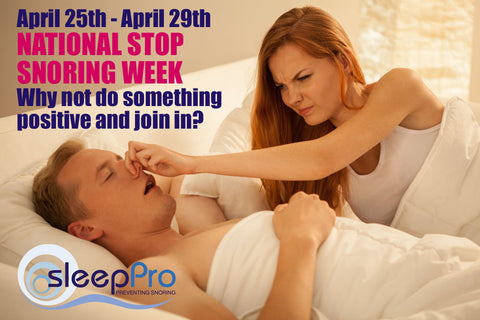Of late you must have noticed how doctors and healthcare professionals have given extra attention to the importance of undisturbed quality sleep. Increasing number of studies have linked sleep deprivation to serious health issues, ranging from high blood pressure, stroke, heart attacks, obesity, mood disorders, attention deficit disorder, foetal and childhood growth retardation, besides making one accident-prone in the car and at work.

There’s much more than that however, so whether you are up until the early hours of the morning watching the shows on Netflix, or simply staying up late because there’s too much work to do, one thing’s for sure – your body’s taking the brunt of your actions. But why is sleep so important? Not getting enough shut-eye can lead to other bad results as well as health and here are just some of the problems with comments from the experts in each case.
You gain weight
If you’re looking to shave off those stubborn extra pounds then lack of sleep certainly doesn’t help. In fact, it does the very opposite says nutritionist Dr Marilyn Glenville, author of the Natural Health Bible for Women.
“People who are sleep-deprived have an increased appetite. Inadequate sleep lowers the levels of leptin, a hormone that suppresses appetite. At the same time it increases leels of grehlin – a hormone that increases food intake and plays a role in long-term regulation of body weight. Sleep deprivation makes weight loss harder because it causes your body to work against you.”
Your immune system is compromised
Lack of sleep is known to lower the body’s immune response. A recent study found reducing the amount of sleep time every night lowered the number of “natural killer cells” which are responsible for fighting off invaders such as bacteria and viruses. Nutritional therapist Geeta Sidhu-Robb, who is the founder of Nosh Detox, says “A lack of sleep can impair the body’s ability to fend off diseases and inflammation, which in turn, can cause us to catch more colds or slow down the processes of recovery. No sleep means your body doesn’t have time to build up its defence system – the antibodies and cells that attack viruses and unfriendly bacteria.”
Your stress levels rocket
Inadequate sleep can also affect your cortisol levels – the hormone that help us manage stress, and Sidhu-Robb adds “Lack of sleep increases stress which produces the hormone cortisol, and it can also reduce collagen in the skin, which is what keeps it looking young and provides elasticity.”
Stress and ageing skin is not a combination worth losing your sleep for.
Your heart weakens
During sleep, the heart powers down significantly – reducing both your blood pressure and the heart rate, which is important for the health of the organ. By not getting enough sleep, your heart might not have enough time to lower your blood pressure to necessary levels.
“Research shows that those who sleep five hours or less a night are twice as likely to suffer from hypertension (high blood pressure) and heart disease as those who sleep for seven hours or more,” says Dr Marilyn Glenville.
A study conducted by a team from Mount Sinai Hospital showed having less than five hours of sleep each night had an 83% increased risk of stroke compared to sleepers who got seven to eight hours of shut-eye.
Your brain becomes foggy
Sleep deprivation affects our ability to learn and retain new information and can lead to poor long and short-term memory, as well as poor decision-making. “When we sleep our body and brain don’t actually shut off – we have light sleep phases and deeper ones,” says Neil Robinson, Sealy UK‘s resident sleep expert. “While we sleep in the deeper phases, our brain stays busy, overseeing an internal maintenance schedule that keeps us running in top condition. This helps the body repair itself and build energy for the day ahead – our muscles and tissues recover, our immune system gets a boost and all the information we have absorbed during the day gets consolidated in our memory. Without enough hours of this type of restorative sleep, we won’t function, work, learn, create, and communicate at effective levels.”
Your skin starts to age
Sleep deprivation leads to inflammation that can lead to poor skin conditions such as dullness, dryness, spots and dark circles under the eyes, and It can also age your skin.
“We all know that we look and feel worse after a bad night’s sleep,” says Georgie Cleeve, founder of skincare company OSKIA. “There is a real biological reason why a bad night’s sleep can play havoc with your skin.
“When we sleep the brain produces a brilliant chemical called Adenosine Triphosphate, or ATP for short. It’s essentially our cell battery power and runs all our cellular processes throughout the day. So less sleep equals less ATP. And that means less collagen production.”
It’s Stop Snoring Week – Be sensible and act on it.
